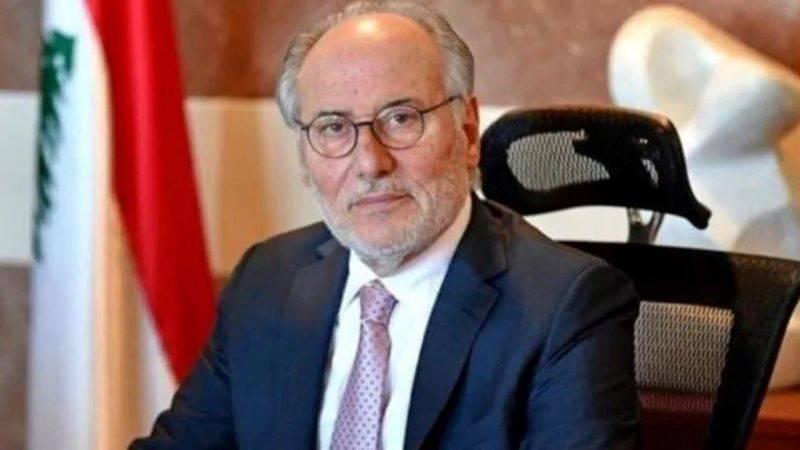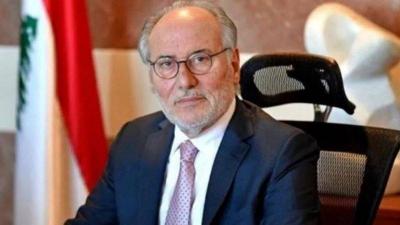The Minister of Education and Higher Education in the caretaker government, Abbas Al-Halabi, confirmed that “the events have significantly impacted the entire country, and it is natural for this to affect the education sector, consequently being influenced by what is happening at the southern borders.” He expressed hope that “the situation does not escalate militarily and that God protects Lebanon and keeps it out of the war conflict.”
In an interview with the electronic newspaper "Al-Anbaa", Minister Al-Halabi explained the plans the ministry had devised in response to this reality in the educational sector. He stated, “The ministry has established a crisis cell composed of general directors of education, higher education, vocational and technical education, the educational center, and the Lebanese University. This cell studied how to manage this exceptional period, and based on this study, we developed a plan to ensure the continuity of the educational process during the current period. While we were forced to close several schools in border areas, we left other schools the decision to be made by their directors according to the surrounding conditions in their regions.”
Regarding how to compensate for students from closed schools, Al-Halabi pointed out that “all students in displaced areas were asked to enroll in schools in the areas they fled to, and a significant number have joined schools. For example, around 40 displaced students enrolled in one school in Beirut.” He affirmed, “We are working on monitoring the conditions of students and teaching staff to see what we can do if the situation remains as it is, and we are examining each case individually.”
In response to a question about the expansion of security events, he said, “We are committed to in-person education; thus, we haven’t taken any measures. We also demand that schools continue to receive students. However, if the war situation develops, we will resort to modifying the plan, and we have many possibilities. It is likely that we will move towards blended learning, and we hope not to reach remote learning due to its difficulties, as we know that the infrastructure for remote or blended learning is not available in all areas. However, many public schools have technical capabilities that assist us, and if even a small portion of electricity and internet is available, we have developed a study for the situation even in the absence of electricity or internet. The solution we will adopt involves downloading lessons onto the electronic devices available in public schools, which amount to about 70,000 devices.”
Regarding the schools that will be used as shelters, Al-Halabi clarified that he had submitted a list of 77 closed schools, with about 26 to 27 schools located in areas expected to be the first to receive displaced individuals. He pointed out that “the plans will evolve and change according to the circumstances.”
Al-Halabi ruled out “using these schools as shelters,” stating, “Schools should not be the first option for shelter,” and noted that he conveyed this position to the Cabinet, the Parliament, and the relevant committee, “considering that ensuring the continuity of the educational process is a priority for the ministry.”
As for Syrian students, he mentioned that “registration has opened, but without announcing the start of the academic year.”
Concerning the government’s general plan regarding the potential expansion of the Israeli aggression, he said, “We are participating in its formulation, as ministry representatives are part of the technical committees, and I am personally involved in the ministerial committee. The work is proceeding seriously, and significant efforts are being made by everyone; however, we hope we do not need all these plans and do not resort to them.”
Minister Al-Halabi concluded his remarks by saying, “We are betting on the return of life to normalcy, and we hope for security stability at the borders and a return to natural life because Lebanon cannot endure a war or new tensions; it has suffered enough in the past, and we aspire to nothing more than a normal life like the rest of the world’s peoples.”




